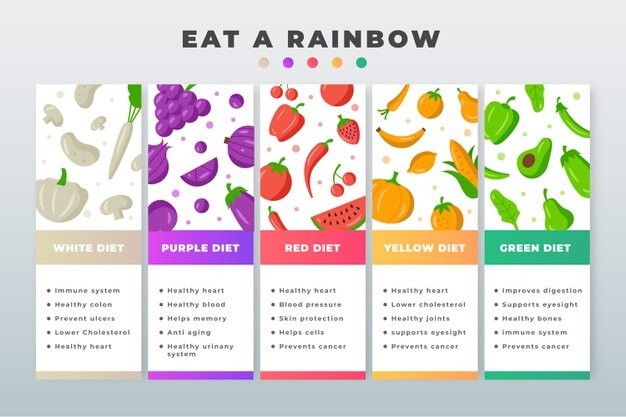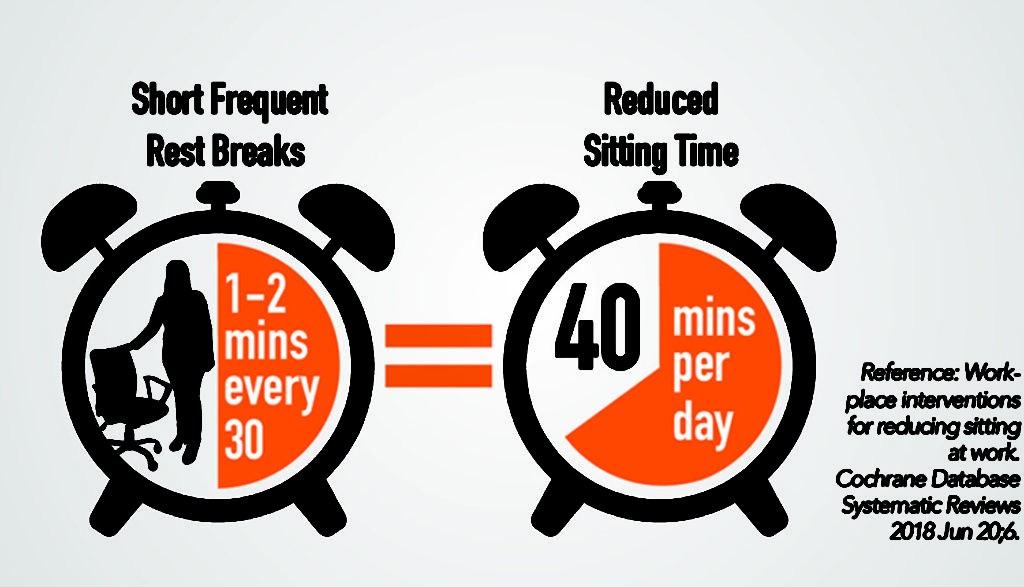The connection between laughter and longevity is more than anecdotal charm—it’s a reflection of how emotional wellbeing and physiological health are deeply intertwined. While laughter is often dismissed as a momentary distraction or a social nicety, its impact on the body is both measurable and meaningful. For professionals navigating high-stress environments, understanding the role of laughter in long-term health offers a compelling case for integrating joy into daily routines—not as a luxury, but as a strategic investment in resilience and vitality.
Physiologically, laughter triggers a cascade of beneficial responses. It activates the parasympathetic nervous system, helping the body shift from a state of stress to one of relaxation. Heart rate slows, blood pressure drops, and muscles release tension. These effects mirror those of deep breathing and meditation, but laughter adds a layer of emotional release that is uniquely powerful. It also stimulates the production of endorphins, the body’s natural feel-good chemicals, which not only elevate mood but also reduce the perception of pain. In this way, laughter becomes a form of internal medicine—accessible, immediate, and free of side effects.
The cardiovascular benefits of laughter are particularly noteworthy. Studies have shown that regular laughter can improve vascular function by enhancing blood flow and reducing arterial stiffness. These effects contribute to a lower risk of heart disease, which remains one of the leading causes of mortality worldwide. For professionals who often operate under pressure, incorporating humor into the workday—whether through light-hearted conversations, shared jokes, or moments of levity—can serve as a protective buffer against the cumulative toll of stress. Just as businesses invest in preventive maintenance to extend the life of their assets, individuals can use laughter to extend the health of their most critical asset—their body.
Laughter also supports immune function. When we laugh, the body increases the production of immune cells and antibodies, enhancing its ability to fight off infections. This immune boost is particularly relevant in environments where stress is chronic and exposure to illness is high. The immune system, like any other system, performs best when supported by balance. Laughter helps restore that balance, acting as a counterweight to the physiological wear and tear of demanding schedules and high expectations. It’s not about ignoring challenges—it’s about equipping the body to meet them with greater strength.
Cognitively, laughter improves mental clarity and creativity. It disrupts rigid thought patterns, allowing for more flexible and innovative thinking. This is especially valuable in problem-solving scenarios, where a shift in perspective can lead to breakthroughs. Humor encourages divergent thinking, which is the ability to generate multiple solutions to a single problem. In leadership, this kind of mental agility is essential. In health, it contributes to emotional resilience. When laughter is part of the culture—whether in a team or in a personal routine—it fosters an environment where adaptability and optimism can flourish.
Socially, laughter strengthens relationships, which are a key determinant of longevity. People who maintain strong social connections tend to live longer, healthier lives. Laughter facilitates bonding by creating shared experiences and reducing interpersonal tension. It signals safety and trust, making it easier to navigate conflict and build rapport. In professional settings, teams that laugh together often collaborate more effectively and recover more quickly from setbacks. In personal life, laughter deepens intimacy and reinforces a sense of belonging. These relational benefits translate into emotional support, which in turn supports physical health.
Importantly, laughter is not dependent on circumstances—it’s a skill that can be cultivated. Even in difficult times, finding humor in small moments can shift the emotional landscape. This doesn’t mean trivializing pain or ignoring complexity. It means allowing space for lightness, even when things feel heavy. For example, a leader who uses humor to diffuse tension during a challenging meeting isn’t avoiding the issue—they’re creating a more constructive atmosphere for resolution. Similarly, individuals who seek out comedy, engage in playful activities, or simply allow themselves to laugh at life’s absurdities are practicing emotional regulation in a way that supports longevity.
The longevity benefits of laughter are cumulative. It’s not about laughing once and expecting transformation—it’s about integrating humor into the rhythm of life. This might mean prioritizing social interactions that bring joy, consuming media that uplifts, or simply giving yourself permission to be playful. These choices, while seemingly small, create a foundation of emotional wellbeing that supports physical health over time. In business, incremental improvements lead to long-term success. In wellness, consistent joy leads to long-term vitality.
Ultimately, the link between laughter and longevity is a reminder that health is not just about discipline—it’s about delight. It’s about recognizing that the body thrives not only on nutrients and movement, but also on emotion and connection. Laughter is not a distraction from serious work—it’s a companion to it. It enhances performance, deepens relationships, and fortifies the body against stress. And when embraced as part of a lifestyle, it becomes one of the most powerful tools for living not just longer, but better.




